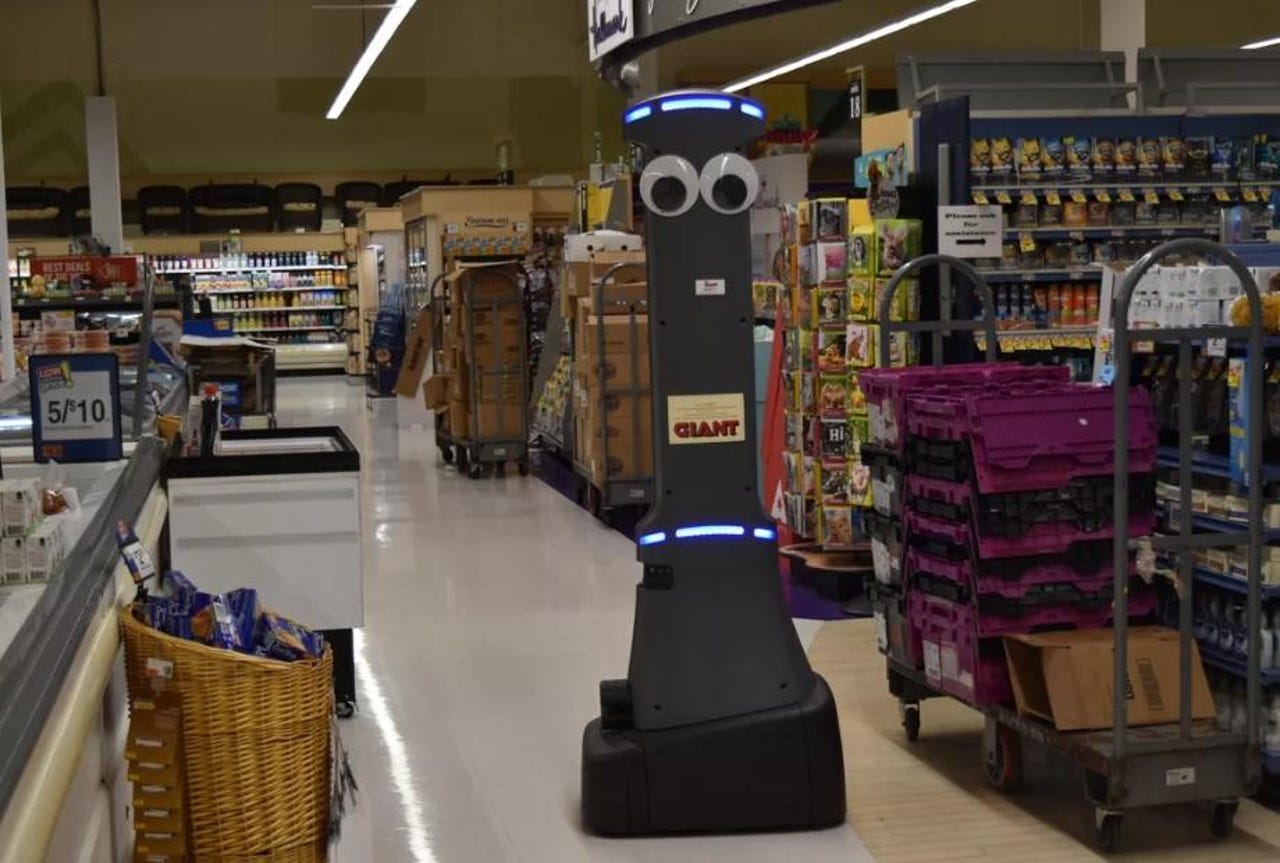Most people would prefer to be replaced by a robot, not a human

A supermarket robot who's only there to help. To help the humans become dispensable, perhaps.
We fear our robot masters.
Not merely because they're, well, machines but because they're smarter than we are and we never like anyone -- or thing -- to be that.
How much affection, though, do we have for each other? Do we, at least, have more feelings for our fellow humans than for robots?
I'm not confining my question to the high intellects of the Singularity movement who can't wait to become robots themselves.
You see, I've just been confronted with a new study performed by researchers at the Technical University of Munich, Germany.
The researchers were fascinated that little work has been done to examine the psychology of all those humans who will be deemed expendable when robots come to town.
And what a moving psychology it is. Humans are, indeed, very protective of their own kind. Perhaps.
To quote the researchers: "Our investigation reveals that people tend to prefer workers to be replaced by other human workers (versus robots)."
A fulsome 62 %of these 300 respondents insisted that they don't want to see their co-workers eliminated in favor of a machine.
Ah, but when it came to themselves, the story was very different. Indeed, a mere 37% said that they'd prefer to be replaced by a human.
Somehow, humans feel personally less threatened by robots than by other humans.
Could this signify the beauty of a capitalism that constantly values competition above all else?
Must-see offers
After all, robot versus human doesn't really feel like a competition at all. The robot is designed to be more efficient than the human. They're not of the same species. It's like trying to compete with a slot machine. It's not a fair fight.
It's far more painful, perhaps, to feel one is an inadequate human and that there are better humans around.
Much research paints a quite grim scenario of the existing work world and what is to come.
Recent research from Cornell suggests humans truly despise competent robots.
Worse, research from Daron Acemoglu of MIT and Pascual Restrepo of Boston University offered that robots threatened middle-aged workers the most. That's anyone between the ages of 21 and 54.
Oddly, one of the greatest tinges of hope was offered by Democratic Congresswoman Alexandria Ocasio-Cortez, who believes the system is the real problem, rather than the robots themselves.
Still, what conclusion might one draw from the notion that most people would like to see their fellow humans replaced by other humans?
Does this show some undying affection for the human spirit?
Or is it more fun to watch someone else's pain at being replaced by another mere human?
